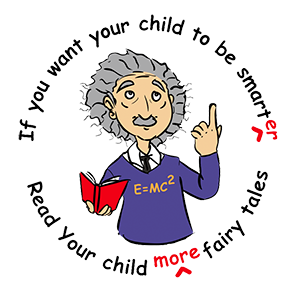Students and Adults
Our Audience
The heading Students and Adults clearly indicates that young people,
especially adolescents and college students, take priority on this site. We
foreground poetry which the young can understand, appreciate, sometimes even learn to love, with a minimum of adult interference.
Young readers who already love rhymes or the popular poetry in song
lyrics—including Rap—deserve the opportunity to learn to love great poetry, but we adults far too often fail them by creating the impression that all great poetry is incomprehensible and boring (only some of it is) and that
the poems appealing to teenagers are inevitably stupid, tasteless, and inferior.
Shame on us!
Most of us began as children loving nursery rhymes, nonsense rhymes, limericks, sentimental and heroic ballads, many of us served our time as Poeish Goths, as Sir Walter Scott-ish-hero worshipers, as Longfellowish patriots, some became secret doggeral scribblers, and eventually many of us moved on to appreciating more serious poetry. This site is dedicated to the proposition that left to their own young people naturally love good poetry and, if adults don’t interfere, many of them will become lovers of great poetry, fiction, nonfiction, and drama.
Assisted Reading
Some of us struggled to understand and appreciate Shakespeare, Milton, Pope, and other poets, in part because of archaic vocabulary, but more often—though we didn’t realize it—because as eye-readers we couldn’t hear the vocal inflections, and failed to appreciate the extent to which ear-reading can make challenging language much easier to understand. On several occasions I’ve asked college students to silently read a dozen or so lines from Paradise Lost and then raise their hands if they felt they understood it. Out of a class of 25 maybe 3 or 4 would volunteer (and some of those were overly ambitious hands). I then asked them to close their eyes and played audio of Jim Garvey reading another dozen or so lines, and this time about half the class would raise their hands. Then I asked them to silently read another dozen lines as they listened to the audio for those same lines, and usually about 80% or 90% of the class would raise their hands. When we can hear great poetry read aloud, when we can imagine hearing great poetry read aloud, we can understand it far better. Struggling readers can have the same experience of prose—if they’re interested in the material. Children who heard the stories available now in the children’s section later became much better readers than their peers (visit the About material for the Children’s section). Middle school and high school students who listen to audio while reading the text of works like Alice in Wonderland or Narrative of the Life of Frederick Douglass or The Red Badge of Courage or The Awakening or Candide or Huckleberry Finn or “The Fall of the House of Usher” or “The Notorious Jumping Frog of Calaveras County” or numerous other works on this site will likewise begin to develop an internal ear which makes reading comprehension far easier—and far more enjoyable and rewarding.






